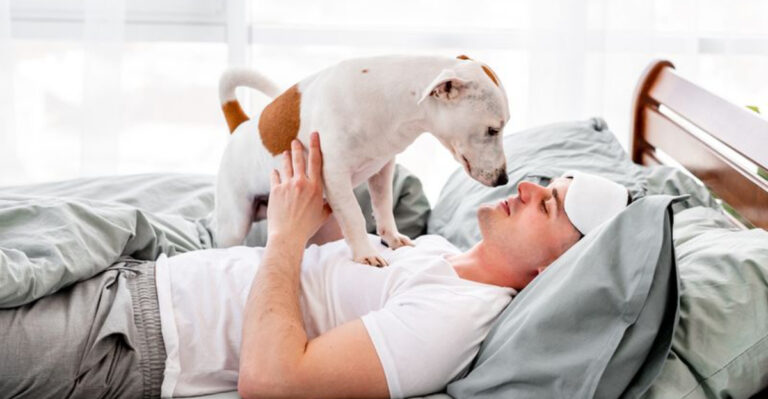16 Common Mistakes That Are Affecting Your Dog’s Behavior
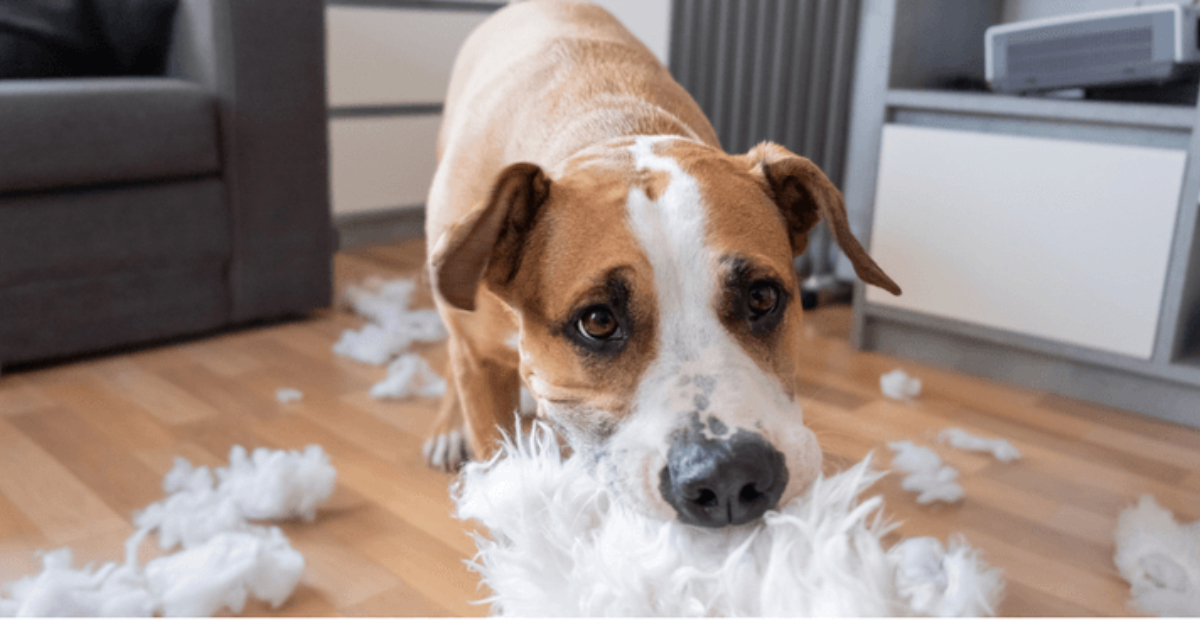
Is your dog suddenly acting like a tiny tornado, causing chaos and confusion? You might be unknowingly making some common mistakes!
Dive into the world of dog behavior with us, as we unravel 16 common pitfalls that could be affecting your furry friend’s demeanor. Every dog is unique, and so are the solutions to their quirky habits.
1. Inconsistent Training
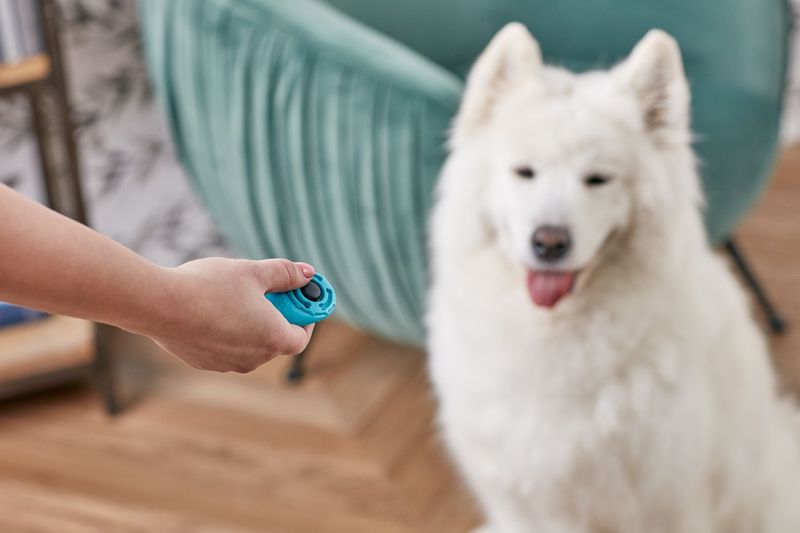
Ever felt like you’re speaking a different language? That’s your dog when you switch up commands. Consistency is key to effective training. When you change cues like the wind, your dog is left in a fog of confusion. Stick to one command per action and watch understanding blossom. Your dog craves clarity and routine!
2. Social Isolation
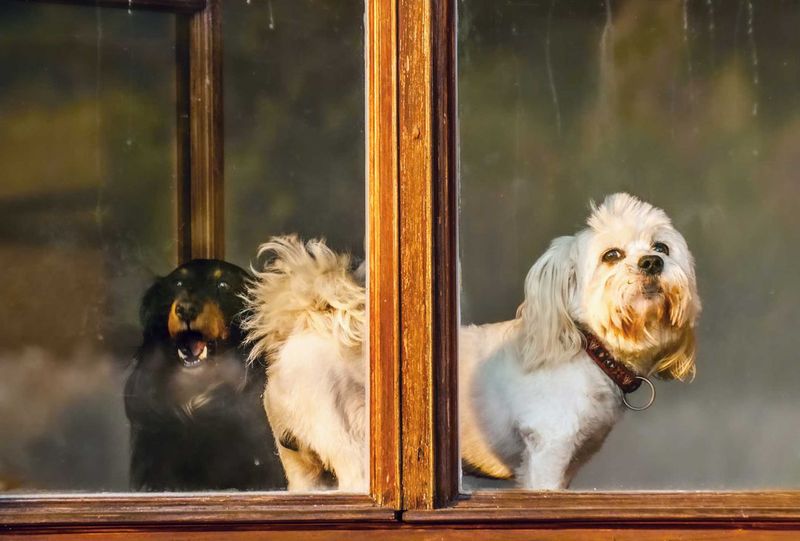
Imagine a world with no friends. That’s isolation for your pup. Dogs are social creatures, needing interaction. Depriving them of social playtime can lead to anxiety or aggression. Regular playdates and park visits are essential. Let’s keep tails wagging and hearts happy with some furry friendships!
3. Ignoring Bad Behavior
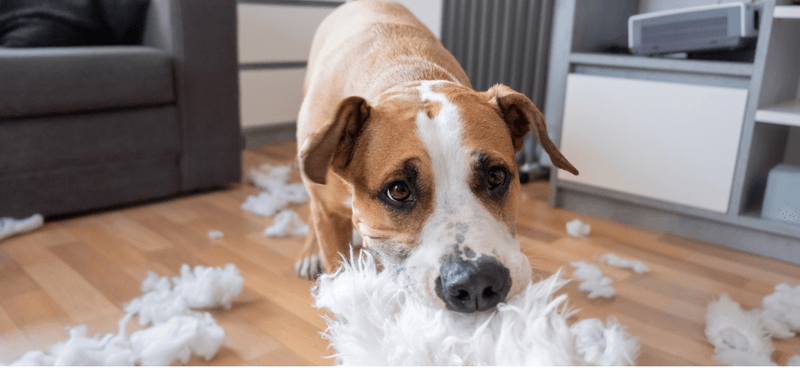
Turning a blind eye to misbehavior? Your dog might think it’s carte blanche. Address issues early. Ignoring it only makes things worse, leading to habits that are hard to break. Early intervention is your best friend here. Set boundaries and stick to them, for a harmonious home!
4. Lack Of Mental Stimulation
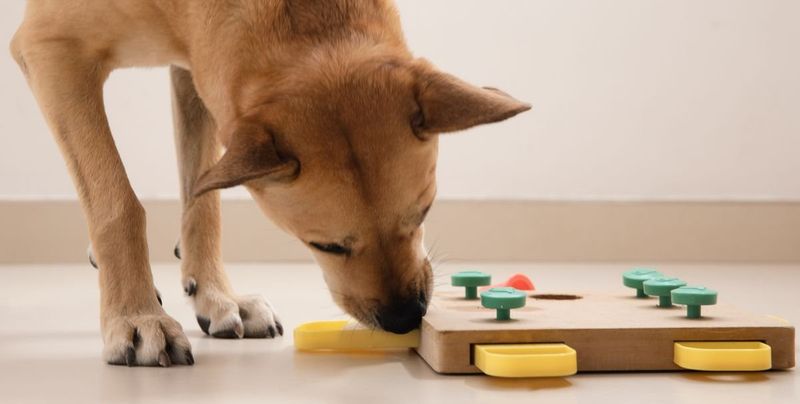
A mind left unchallenged is a ticking time bomb. Dogs need mental exercises just as much as physical ones. Puzzles, toys, and training sessions keep their minds sharp and engaged. Don’t let boredom turn your pup into a mischief maker. Engage their minds daily!
5. Inadequate Exercise

Pent-up energy is a destructive force. Without proper exercise, dogs can become hyperactive or destructive at home. Long walks, playtime, and active engagement are essential. Let your dog burn off that energy outside, not on your couch!
6. Overfeeding

Food equals love, right? But too much can lead to weight woes. Overfeeding is a common problem, leading to obesity and health issues. Balance meals with exercise for a healthy lifestyle. Keep portions in check, and your dog will thank you with a wagging tail!
7. Using Negative Reinforcement
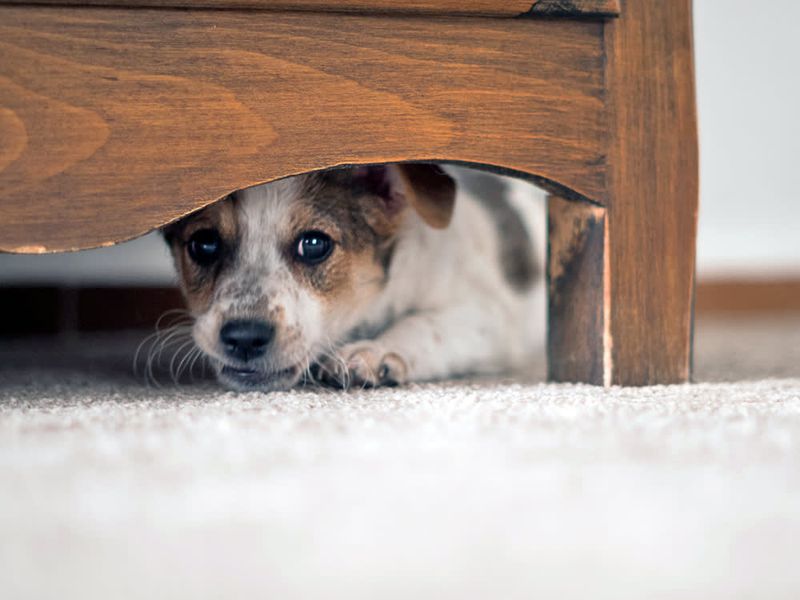
Shouting or punishment isn’t the answer. It breeds fear and anxiety. Positive reinforcement creates a trusting bond and encourages good behavior. Speak kindly and reward their successes. Transform fear into joy with gentle guidance!
8. Skipping Vet Visits
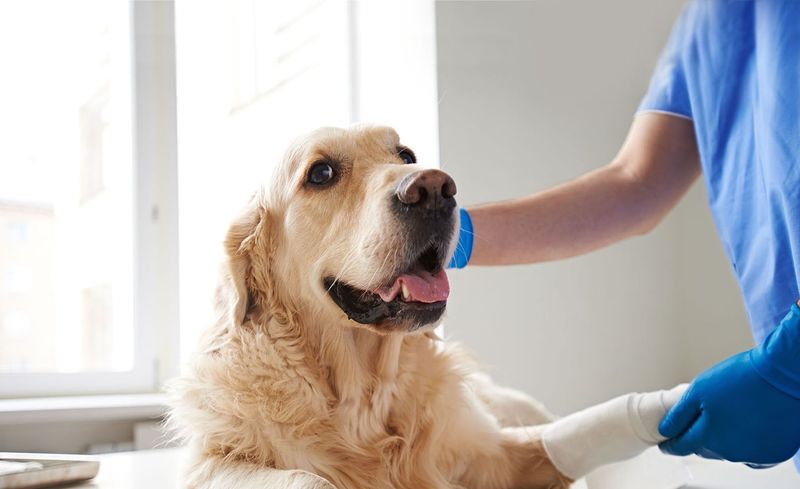
Avoiding the vet? That’s a risky gamble. Regular check-ups prevent health surprises. Skipping them might lead to undetected issues harming your pup’s well-being. Keep those appointments, and ensure a happy, healthy life for your furry friend!
9. Not Socializing Early
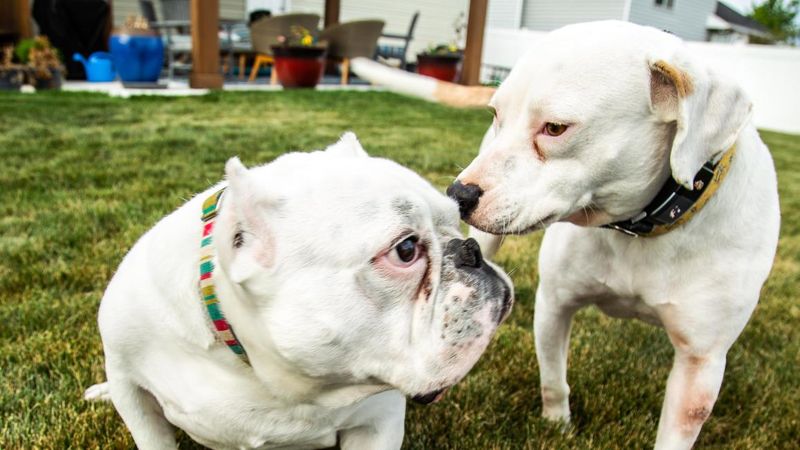
First impressions matter, even for puppies. Early socialization shapes their adult behavior. Lack of exposure can make dogs fearful or aggressive. Introduce them to various environments, sounds, and creatures. A well-socialized pup is a confident companion!
10. Neglecting Grooming
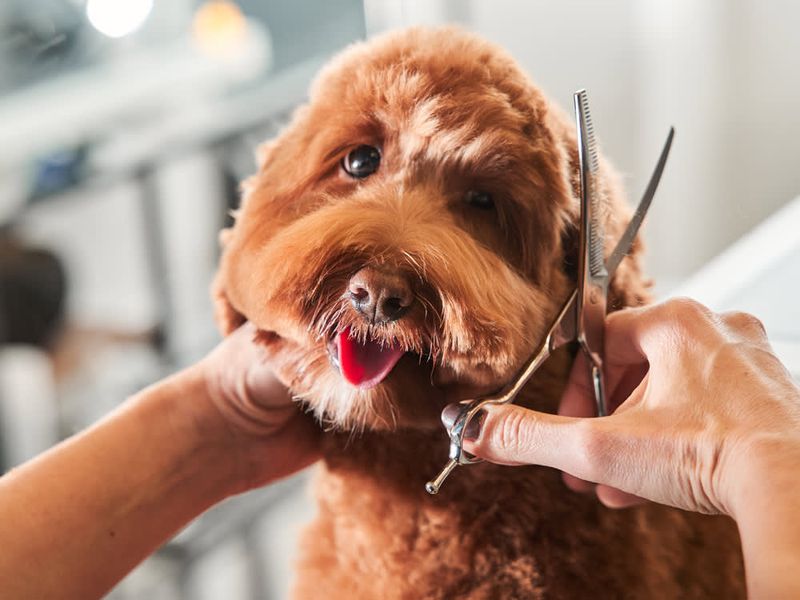
A neglected coat can lead to discomfort. Grooming isn’t just for looks; it’s vital for health. Regular brushing, bathing, and nail trimming prevent issues like matting or infections. Pamper your pet with grooming glow-ups!
11. Lack Of Boundaries
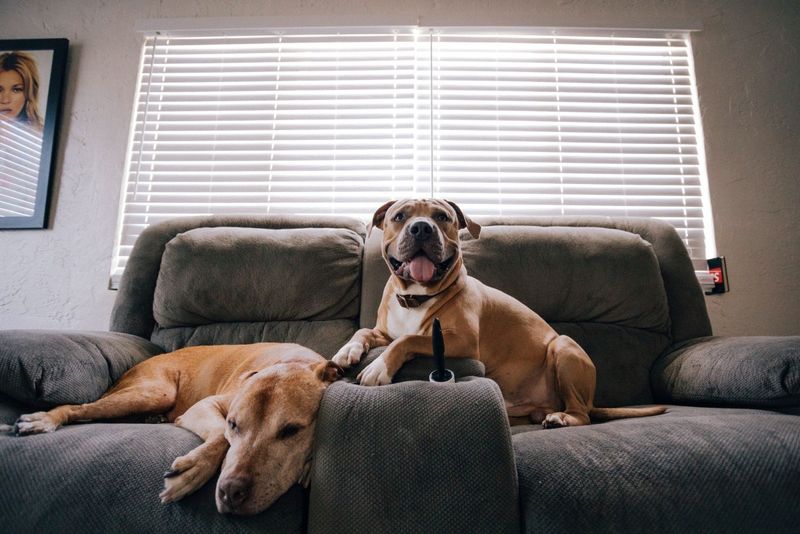
No rules? Chaos ensues. Dogs need boundaries to understand their world. Without them, they may become unruly or anxious. Teach them what’s off-limits for a peaceful coexistence. Boundaries create a secure, happy home for all!
12. Leaving Alone For Too Long
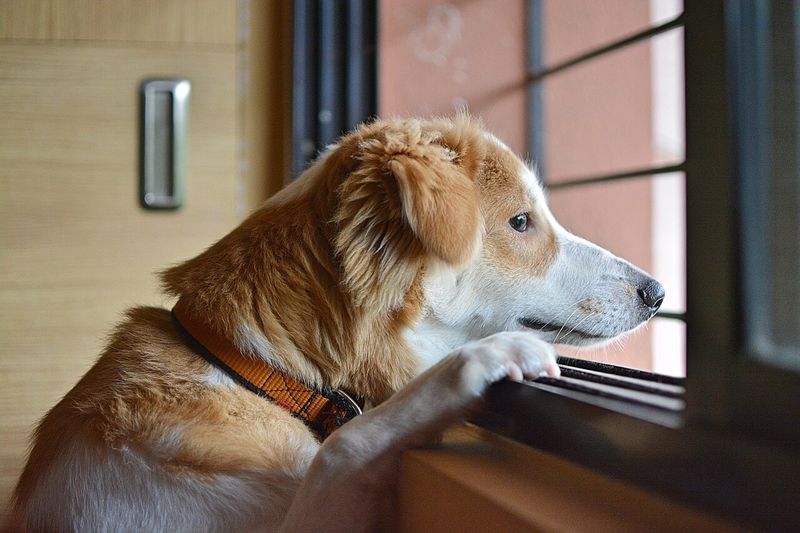
Solitude isn’t always golden. Long hours alone can lead to separation anxiety or destructive behavior. Hire a walker or enlist a neighbor to break the monotony. Your companion thrives on companionship, not empty rooms!
13. Being Too Indulgent
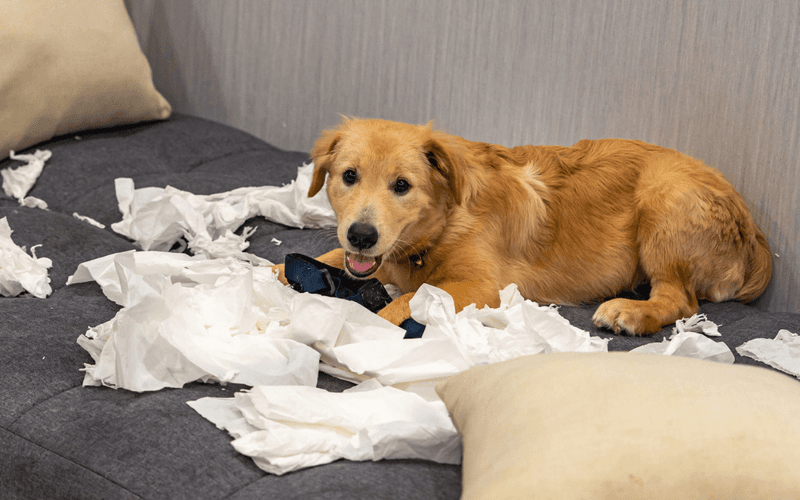
Indulgence without discipline can backfire. Spoiling your dog might encourage mischief. Balance affection with authority to prevent behavioral issues. Be the leader your dog respects, not just the treat dispenser!
14. Ignoring Individual Needs
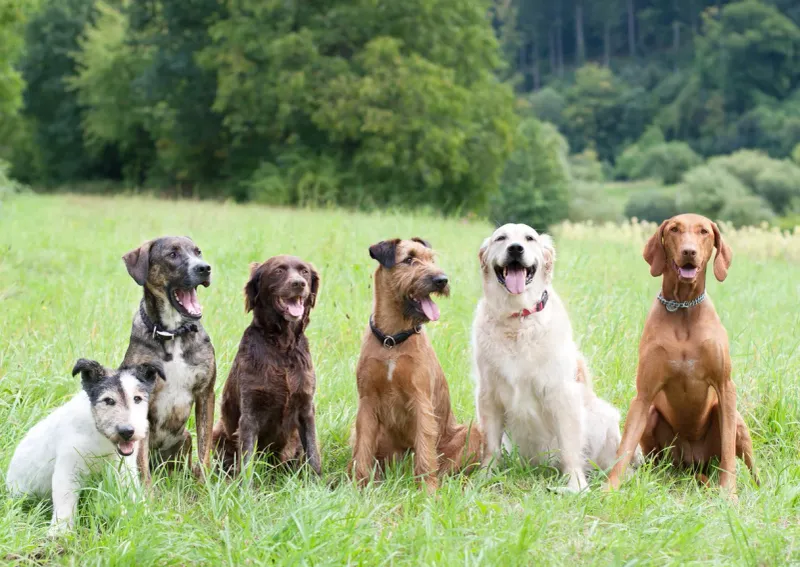
One-size-fits-all doesn’t apply to dogs. Each breed has unique needs. Ignoring these can lead to stress or health issues. Research and cater to their specific requirements. Celebrate their individuality with tailored care!
15. Using Old Training Methods
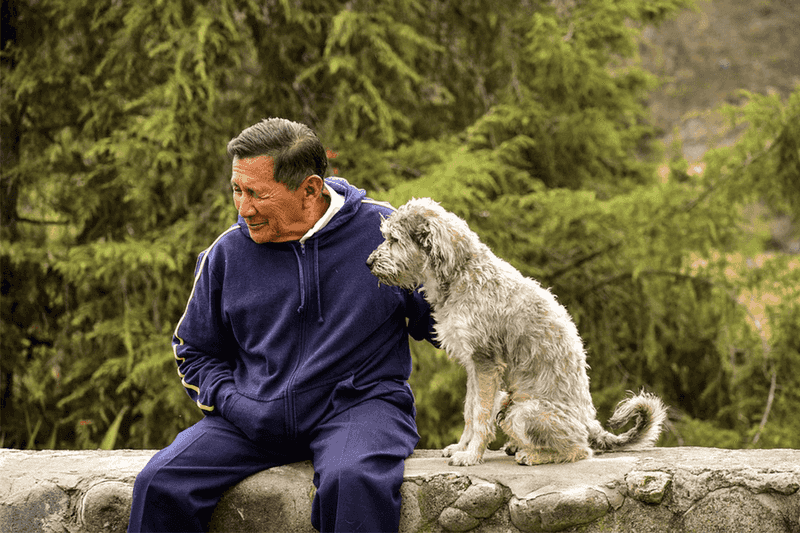
Times change, and so do training techniques. Clinging to outdated methods might hinder progress. Embrace modern, positive techniques for effective learning. Upgrade your training toolbox for a smarter, happier pup!
16. Underestimating Their Sensitivity

Dogs have feelings too. Loud noises or rough handling can impact their behavior. Create a calm, supportive environment to foster trust and comfort. Handle with care, and watch them flourish with love!




